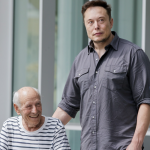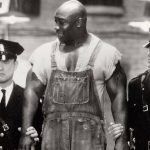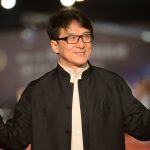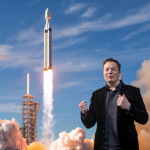Wrestling legend Hulk Hogan dead at the age of 71
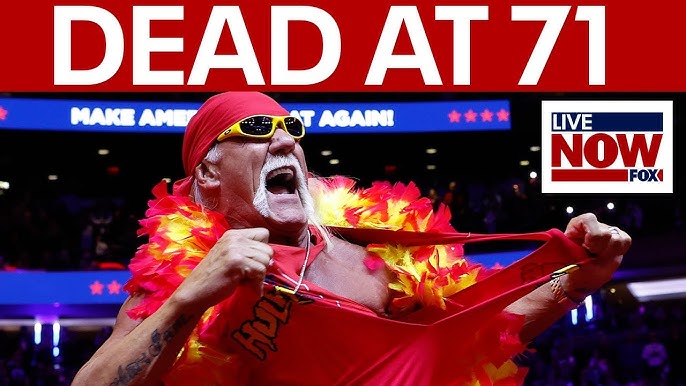
Hulk Hogan, the Iconic Professional Wrestler, Passes Away at 71
Hulk Hogan, born Terry Gene Bollea, one of the most recognizable and iconic figures in the world of professional wrestling, passed away on Thursday at the age of 71, as confirmed by World Wrestling Entertainment (WWE). His death marks the end of an era for a man who not only helped shape the industry of professional wrestling but also became a cultural phenomenon.
According to the city of Clearwater, Florida, where Hogan resided, the first responders received a call reporting a possible cardiac arrest at Bollea’s home. Local police and fire personnel were quickly dispatched to the scene. Upon arrival, fire and rescue crews began treating Hogan, who was later transported to Morton Plant Hospital. Despite their best efforts, Hogan was pronounced dead shortly after arriving at the hospital, leaving fans, colleagues, and loved ones heartbroken over the loss of the man who had become a household name for decades.
The Birth of an Icon
Hulk Hogan’s legacy in the world of professional wrestling is unparalleled. Rising to fame in the 1980s, Hogan became the face of World Wrestling Federation (WWF), now known as World Wrestling Entertainment (WWE). His larger-than-life persona, marked by his trademark handlebar mustache, golden physique, and signature catchphrase, “Whatcha gonna do when Hulkamania runs wild on you?”, made him an international star. His appeal transcended wrestling, becoming a figure in pop culture, thanks to his numerous appearances in movies, television shows, and commercials.
Bollea’s journey to becoming Hulk Hogan was not one that was easily predicted. Originally an athlete with a background in music and bodybuilding, he was discovered by Vince McMahon, the Chairman of WWE, and became an essential part of the company’s explosive growth. His popularity in the ring skyrocketed after winning his first WWF World Heavyweight Championship in 1984, a victory that catapulted him into mainstream recognition. Hogan became a true embodiment of the quintessential good guy, or “babyface,” that fans adored. His character represented strength, resilience, and an unwavering moral compass, characteristics that allowed him to form a unique bond with his audience.
The Rise of Hulkamania
It was in the early 1980s that the term “Hulkamania” became synonymous with Hogan’s rise to fame. Fans embraced his persona, his fighting spirit, and his message of positivity, and it wasn’t long before his catchphrase — “Say your prayers, eat your vitamins, and you will be a real American” — became a mantra for millions of children and adults alike. Hogan’s success in the ring was punctuated by his fierce rivalries with legendary wrestlers such as Randy “Macho Man” Savage, Andre the Giant, and The Iron Sheik, among others.
But Hogan’s impact didn’t stop at the wrestling ring. His crossover into mainstream media helped expand the reach of professional wrestling beyond the confines of sports entertainment. Hogan starred in movies such as “Rocky III”, where he played the role of a wrestler, Thunderlips, alongside Sylvester Stallone. He also led in his own action-adventure films like “Suburban Commando” and “Mr. Nanny”. Hogan’s charismatic presence on-screen and his dynamic personality further cemented his status as a pop culture icon.
Hogan’s impact on the world of wrestling was further magnified when he headlined WrestleMania III in 1987, a moment that featured his historic body slam of Andre the Giant, an act that became one of the most iconic moments in wrestling history. It was this moment — and his continued dominance in the WWF — that made Hogan the face of professional wrestling during the golden age of the 1980s.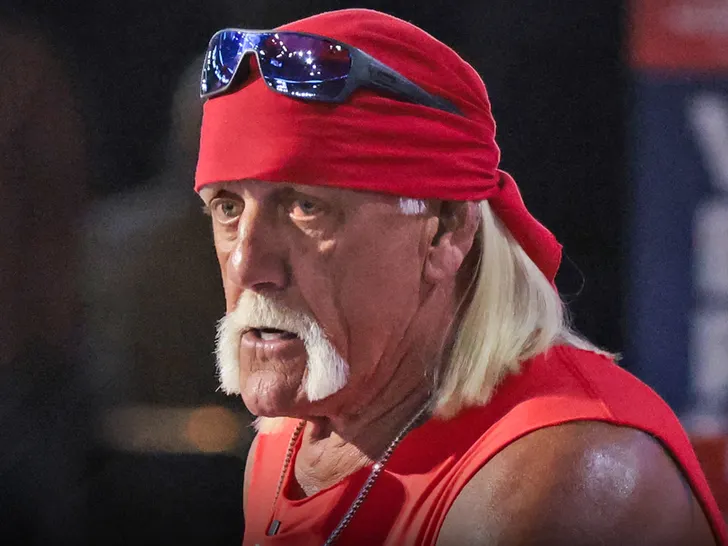
A Life of Triumphs, Challenges, and Reinventions
As is the case with many legends, Hogan’s career had its share of triumphs and challenges. Hogan was a central figure in the “Monday Night Wars”, a rivalry between WWF (later WWE) and World Championship Wrestling (WCW), which was spurred on by Hogan’s controversial switch to WCW in 1994. His transformation into the “Hollywood Hogan” persona, with the addition of his notorious NWO (New World Order) faction, was a bold reinvention of his character, but it ignited the wrestling world once again, contributing significantly to the success of WCW during the 1990s.
While his time in WCW was marked by new character developments and memorable moments, Hogan faced some personal and professional setbacks in the years that followed. His career, while constantly evolving, was not immune to controversy. Amidst his stardom, Hogan encountered legal battles, public controversies, and personal struggles that put a strain on his legacy. However, in true Hogan fashion, he returned to WWE and, over time, regained the love and admiration of fans who continued to see him as an undeniable force in the industry.
Hogan’s return to WWE as a special guest referee at WrestleMania X-Seven in 2001 marked his successful reintegration into the WWE fold, followed by a return to the ring in various roles, including as a mentor and occasional competitor. His Hall of Fame induction in 2005 solidified his place in the pantheon of wrestling legends.
A Legacy That Goes Beyond Wrestling
Hogan’s legacy, however, cannot be measured by just his championship titles or his time in the ring. His cultural impact transcended wrestling, as he became a global ambassador for the sport. Hogan helped bring the world of professional wrestling into millions of households across the globe, allowing the genre to grow from a niche interest to a multi-billion dollar global enterprise. His impact on the business side of professional wrestling is immeasurable, as he paved the way for wrestlers who came after him, such as Stone Cold Steve Austin, The Rock, and countless others, to break into mainstream media and build their own legacies.
Furthermore, Hogan’s work with charities, his public appearances, and his advocacy for children and families have been a source of admiration from his fans. While his public persona was often that of a hard-hitting, larger-than-life figure, behind the scenes, Hogan’s commitment to making a difference in people’s lives was just as strong.
As news of his passing spreads, tributes from all corners of the globe pour in, reflecting on how his contributions shaped the very essence of professional wrestling. WWE and fellow wrestlers alike have honored his memory, remembering the man who taught an entire generation that it is possible to be a hero, not just inside the ring, but also in life.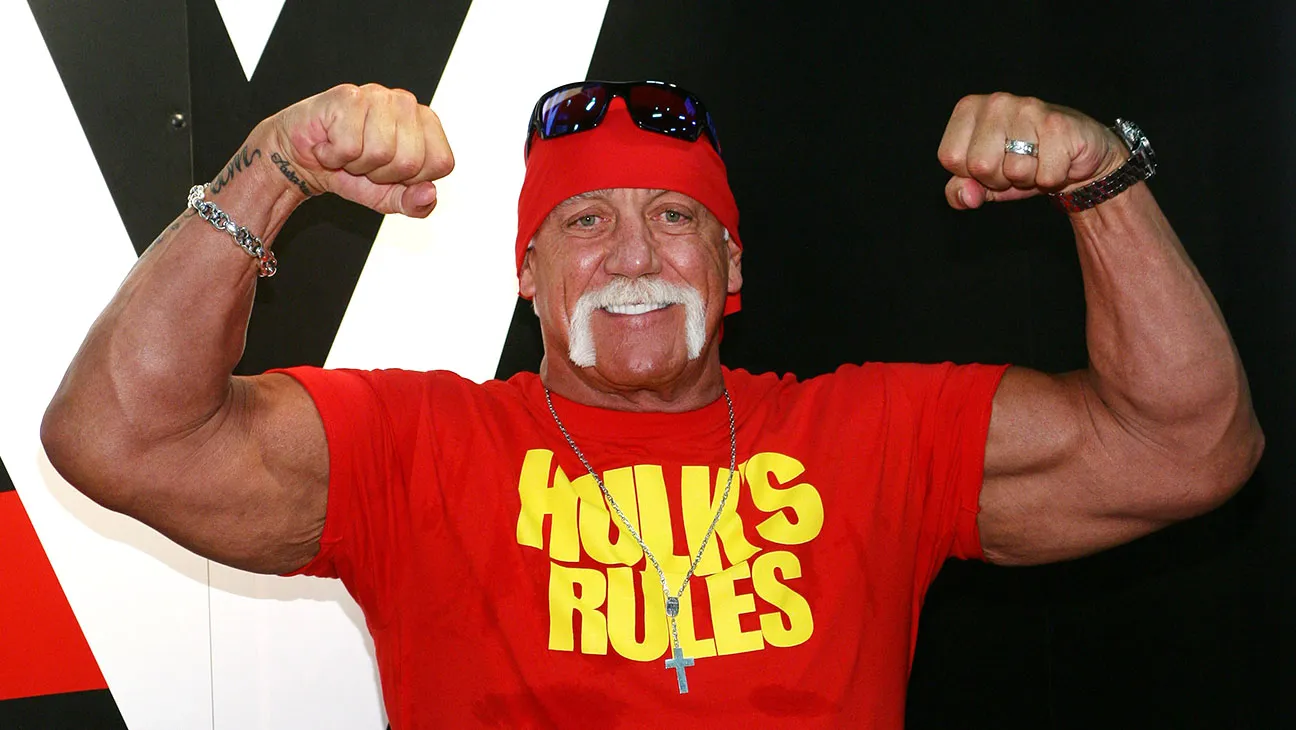
Hulk Hogan’s Final Legacy: A Hero in and Out of the Ring
Though his physical presence may no longer light up the ring or the screen, Hulk Hogan’s legacy remains as one of the greatest wrestling icons of all time. His passion, dedication, and love for the sport made him a hero for millions of fans worldwide. Hogan’s career was a testament to the idea that, through perseverance, reinvention, and an enduring sense of purpose, you can overcome any obstacle, both inside and outside the ring.
As fans around the world mourn the loss of a legend, it’s clear that Hulk Hogan’s influence will continue to resonate for years to come. He inspired a generation of wrestlers, entertained millions, and showed us that a true champion is more than just someone who wins titles. A champion is someone who connects with people, who leaves a lasting impression, and whose story remains etched in history forever.
Hulk Hogan, Terry Bollea, will forever be remembered as a true hero of the squared circle, a man who transcended the ring to become a cultural icon and a symbol of strength, resilience, and the power of believing in yourself. His memory will live on in every wrestling fan’s heart, and in the hearts of those who remember the man who told us all to “train, say our prayers, and eat our vitamins.”
Rest in peace, Hulk Hogan.



